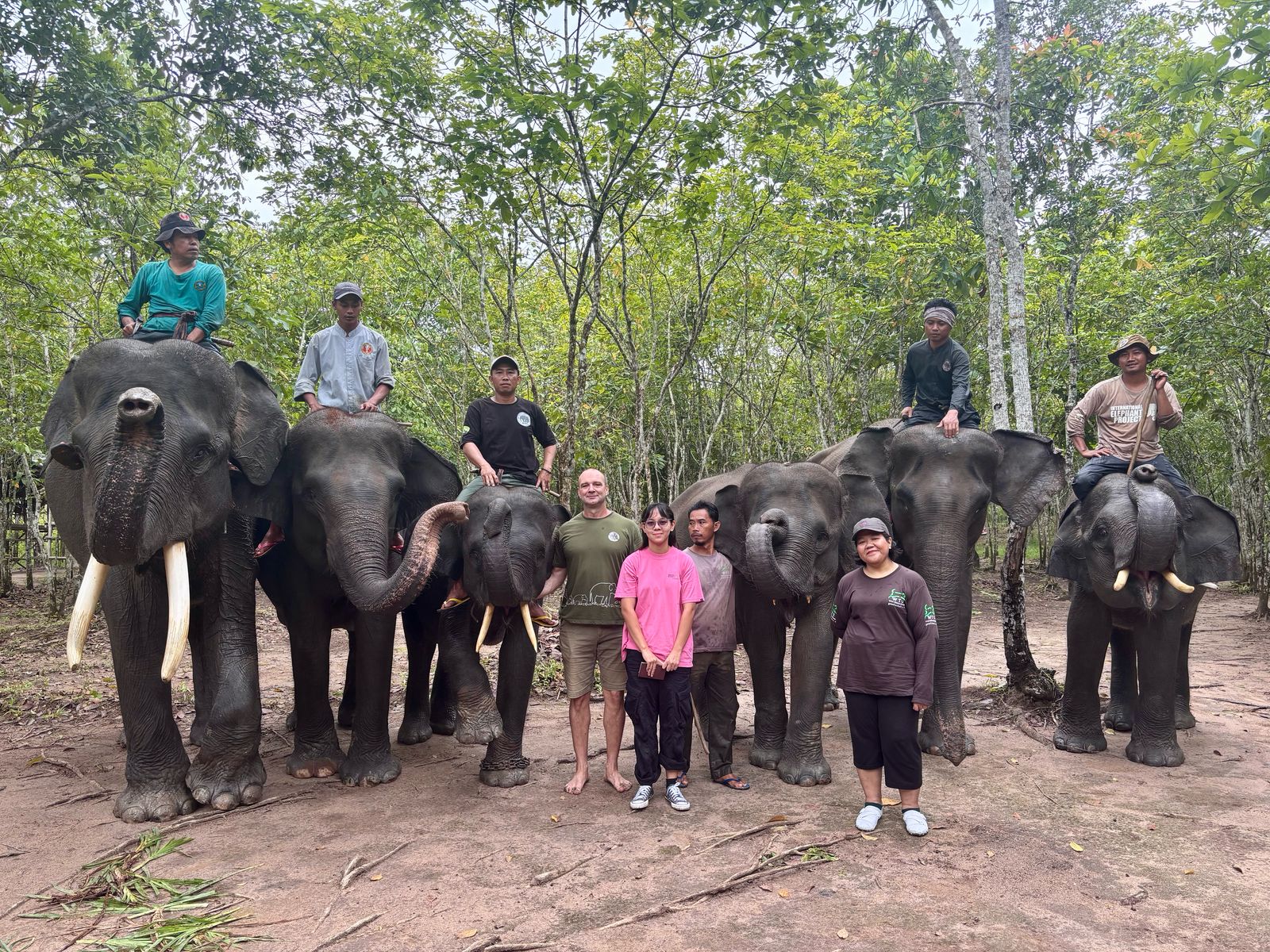admin
13 March 2025 - 13:32 WIB
0
Ms. Thadar Shin Thant from Myanmar is an awardee of the UPNVY International Student Scholarship. She is currently attending a master’s program in the Department of Soil Science, Faculty of Agriculture. Her research topic is about GIS-based elephant habitat suitability analysis and assessment of geo-environment factors on elephant camps in Myanmar.
In 2019, Shin graduated from the University of Forestry and Environmental Science, in Myanmar. After graduation, she worked as a research assistant under the project called “Installation of Participatory Database to Non-Timber Forest Products (NTFPs) for Social Innovation with Green Business” conducted by Waseda University and the Ministry of Environment, Japan. In March 2020, Shin became a senior timber ranger at Myanmar Timber Enterprise under the Ministry of Natural Resources and Environmental Conservation.
With the responsibility as senior timber ranger, Shin led the elephant-based ecotourism in Myanmar, which is normally a male-dominated industry. Shin is the head of Wanet Conservation Elephant Camp. With her compassion, love, and dedication to caring for elephants, she learned how to behave in this male-dominated profession with great fun and mindfulness. She attracted thousands of people from nearby cities visiting the camp by entertaining and educating them about elephant conservation,environmental education, the role of elephants in Myanmar forest economy and the lives of elephant handlers called mahouts in the remote and harsh environment.
In 2023, Shin attended the International Elephant Forum in Chiangmai, Thailand, where she presented her case studies to audiences about the challenges and opportunities of Myanmar elephant-based tourism. Moreover, she also learned about Thailand Elephant Tourism by visiting the Chiangmai Zoo and Mae Sa Elephant Camp in Chiangmai, Thailand.
In January 2025, Shin visited the Way Kambas National Park with the invitation of Mr. Christopher Stremme, the elephant veterinarian at Way Kambas Elephant Response Unit. On the first day, she had a chance to take part in the elephant’s regular healthcare routine including body weighing, oral inspection, wound foot care, and reproduction status (pregnancy). In addition, she also enjoyed elephant bathing, which is the moment to build a strong relationship between the elephant and its mahouts. The next day, she learned about forest patrol and monitoring, one of their conservation programs, aiming to mitigate human-elephant conflict and ensure a safe habitat for Sumatran wildlife from poaching and other illegal human disturbance. She learned a lot about Sumatran Elephant Culture, the lives of mahouts in a harsh environment, and their efforts to implement the Sumatran Elephant conservation procedure, enhancement of natural habitat, and protection of wild biodiversity in Way Kambas National Park.
 EN
EN ID
ID

